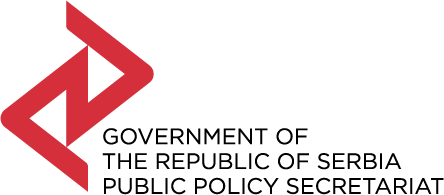During the conference it was emphasized that investments in material and human capital have become key determinants of economic growth, while the main bottleneck for a more effective development of innovation activity is linked to a lack of knowledge and practical skills.
Serbia has managed to raise the quality and number of scientific activities and papers over the last 10 years, and at the moment is at the 46th position by production of scientific papers in the world. This is what representatives of the Ministry of Education emphasized, announcing that the Ministry would release a public invitation for 1,000 young scientists to take an active participation in the work of national science institutions and in this way give a boost to the development of the business sector.
After two panel discussions, the conference ended with a workshop during which the participants had to solve a problem by the method of 5 doors that was devised by Regina Rowland, a partner in the project ‘Excellence-in-ReSTI’. The Danube transnational project ‘Excellence-in-ReSTI: Excellence in research, social and technological innovation project management’ is a project of the European Union that involves 11 partners from nine countries in the Danube region: Austria, Bulgaria, Croatia, Slovenia, Hungary, Czech Republic, Serbia, Montenegro, and Bosnia and Herzegovina. The purpose of the project is to eliminate deficiencies in knowledge and skills in the management of projects in the field of social and technological innovations in the region.

